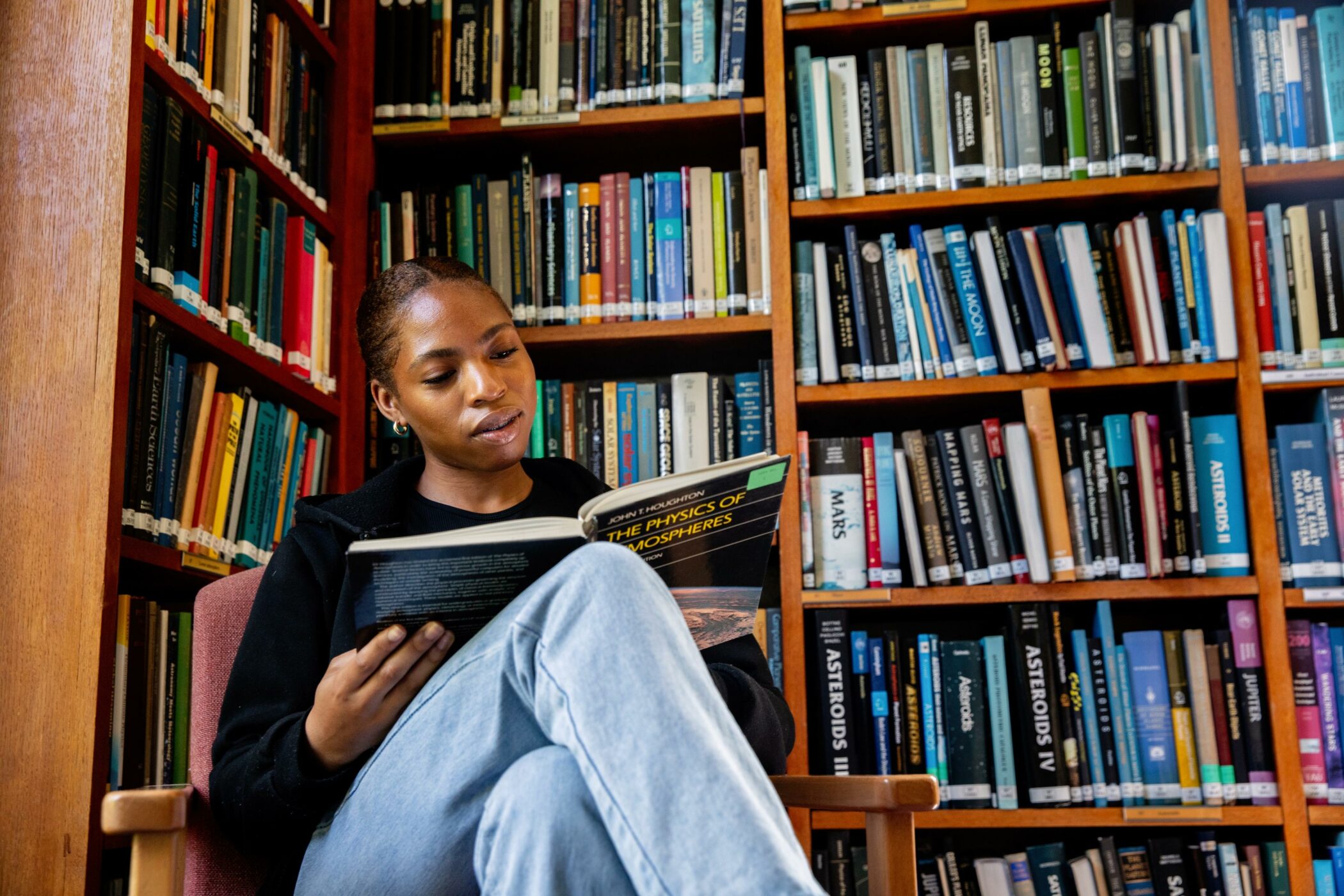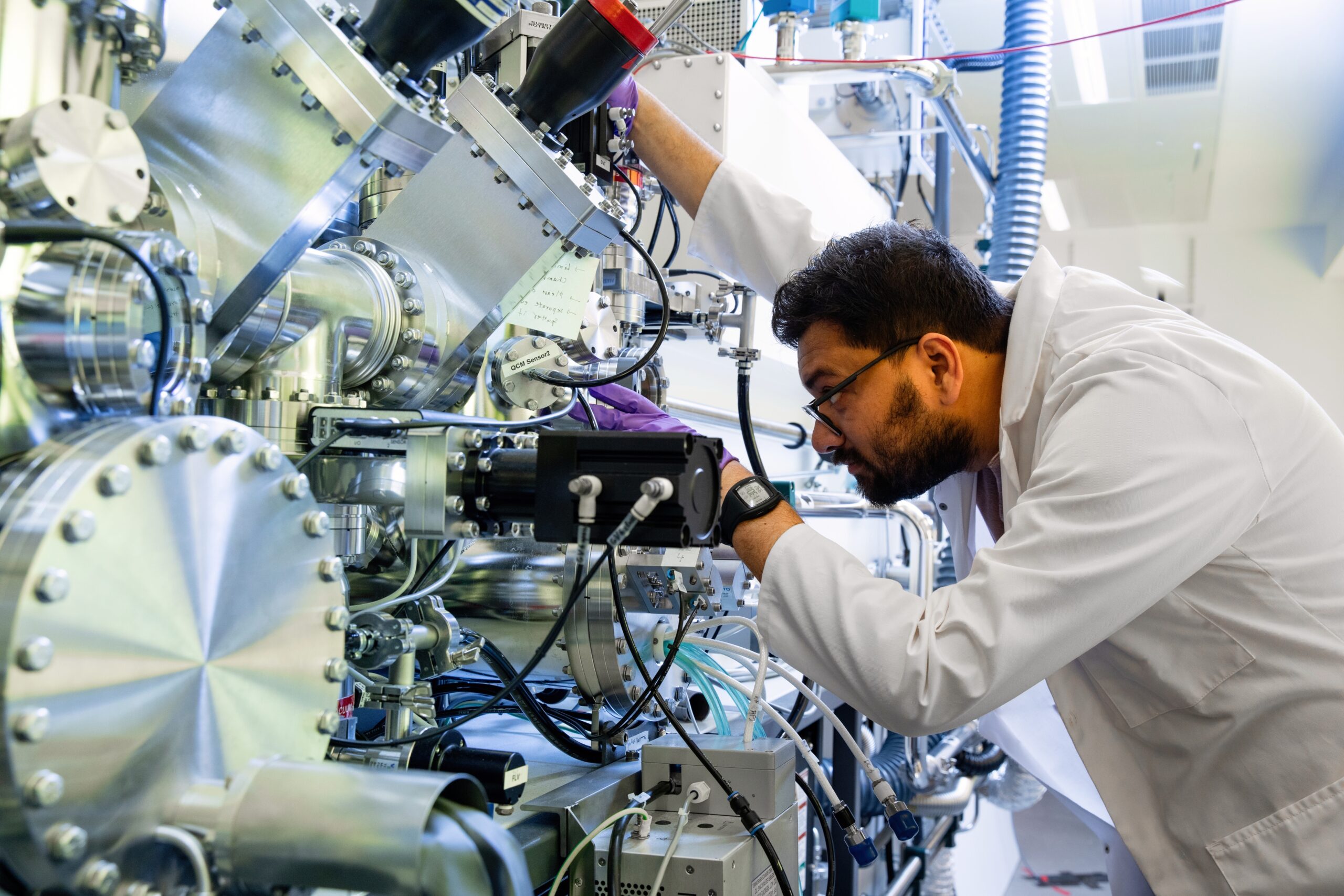Studying Natural Sciences at Cambridge
- UCAS Code: BCF0
- How many are admitted to Cambridge every year: 547
- Typical offer: A*A*A at A Level or 41-42 points at IB with 776 at Higher Level
- Essential subjects: Mathematics, two other science-based or mathematics-based subjects
- Course length: BA (Hons), 3 years full-time; MSci, 4 years full-time
The Natural Sciences course is a very broad course that gives you the opportunity to study physical and biological sciences from 16 different departments across the University. Departments range from medical to zoological; from astronomy to physics; and a whole range of other subjects to choose from.
The course is flexible, meaning you can study a range of new and familiar areas in the sciences in your first and second years, before choosing a subject to specialise in towards the end of your degree. In your first year, one of the subjects you must undertake is mathematics, the fundamental language of science. Some departments offer a fourth year (MSci) option, while others offer separate masters courses in a wide range of subjects for those wishing to continue at this level. Students often discover a passion for a new subject during their degree and choose to specialise in an area that was not familiar to them before they started at Cambridge. During the application process you will be asked to indicate if you wish to study “biological” or “physical” sciences, which will determine the types of questions you will be asked at interview, but candidates in either stream can study any of the subjects they are qualified for.
What can I do with a degree in Natural Sciences?
The course will prepare you to become an independent scientist, or to apply your scientific skills to other fields. Around half of Cambridge Natural Sciences graduates go on to further research or study, with the rest pursuing a broad range of careers in sectors such as IT, finance, teaching and the public sector.
For more information, please visit the University Careers Service website.

Studying Natural Sciences at St Edmund’s College
Natural Sciences students at St Edmund’s will join a close-knit community with a wide range of scientific interests. Lectures and practical/project work are organised by the relevant departments, alongside students from all other Colleges, but St Edmund’s takes responsibility for organising supervisions. We ensure that teaching is closely coordinated between students in the “biological” and “physical” streams, and that our supervisors are well-prepared to work with students with international qualifications as well as UK-based ones. We also aim to facilitate interactions with students from the other mature Colleges so that our students can broaden their network, and enjoy the wide range of experiences that mature students bring with them.
How to Apply
Applications for all courses are made through UCAS. You must apply by 15 October 2025 to be considered for entry in October 2026.
Requirements
Tests
Interviews
Deferred entry
Reading material in preparation
Affiliated entry
What is a typical Term’s work
In your first year, you will study a Mathematics course plus three other experimental sciences; typically this means you will attend 12 lectures per week and have four supervisions per week (one per subject), for which you will need to submit work. Your subject choices will be discussed with your Director of Studies, to ensure that you have the appropriate qualifications for the subjects you have chosen, and that they will prepare you appropriately for the subjects you propose to take in the following years. A rough guide for workload is that students are expected to work around 40 hours per week.
Supervisions are small group sessions, where you are expected to actively participate in scientific discussion around the topic covered. As part of preparation for weekly supervisions, for the biological sciences you will be expected to write essays or answer lab-based questions; for the mathematical and physical sciences, supervision work will be mainly problem-solving. Alongside this, you will attend practical laboratory sessions related to each of your courses. You may need to submit lab reports as part of the assessment of the course. Your final assessment of courses will mainly be in the form of written examinations at the end of the academic year. To help familiarise yourself with the Cambridge examination system, we organise mock examinations for you directly before the Lent term in mid-January, during which you will be questioned on the previous term’s work.
In the second year, you will choose three courses from over 20 available. This corresponds to nine lectures per week with associated practicals, projects and coursework; again, you will typically have one supervision per subject per week.
In your third and possible fourth year, teaching will depend on what course you have chosen to follow.
Detailed information about the available courses can be found on the Natural Sciences Tripos course website.
People
Directors of Studies:
- Biological Sciences – Dr Linda King
- Physical Sciences – Dr Susan Haines
- Earth Sciences – Dr Charlotte Kenchington
Fellows:
- Professor Folma Buss
- Dr Antonina Kruppa
- Dr Gitanjali Yadav
- Professor Stephen Jenkins
- Dr Sandro Tacchella
- Professor Helen Mason


